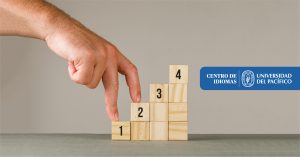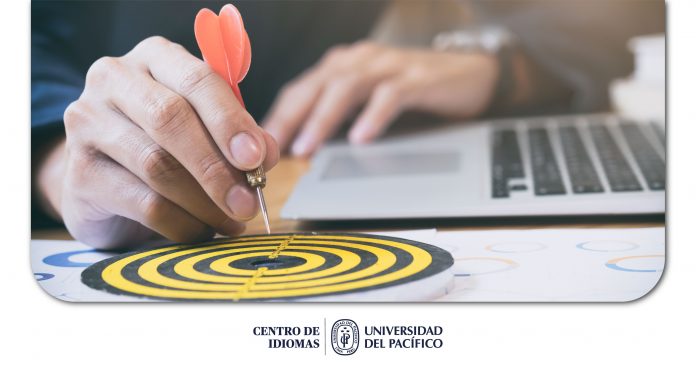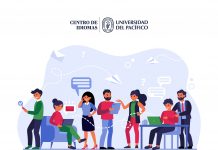A review of what happened not only during the pandemic, but also before it, reveals major changes. It could be said that the different industrial revolutions have affected different fields in diverse ways; however, it has not been the case with education, since it has not revolutionized at the same pace. Despite relating the industrial revolution 4.0 to education and calling it Education 4.0, the changes observed have not been structural. However, in the wake of the pandemic, it has been observed that teachers have not only upgraded their skills but also improved them out of necessity. It would be appropriate to pause to evaluate the following:
- What have we learned?
- What have we improved?
- Have we updated our knowledge?
Probably your answers will include information related to content knowledge, technological or digital skills, pedagogical use of technology, use of active teaching forms, support students‘ learning with technology, pedagogical innovation, change of paradigm and so on.
In the same way, now more than ever our role has gone from being a teacher to an educator, facilitator and mentor. Moreover, we can talk about the transformation of the learning spaces which has changed our traditional teaching to be more reflective, integrative, flipped, blended, and hybrid.
That said, it seems to me that the time has come to put everything in the balance, to give place to the true value of the experience and knowledge we have acquired. Maybe it is time to consider renewing our curriculum vitae and decide how far we want to go professionally. The career path in our profession is not vertical, but rather horizontal and that implies not only exploring other areas where our language skills can take us but also the knowledge acquired during the pandemic.
The circumstances in which we return to face-to-face classes to get back to doing the same thing we were doing before the pandemic should dissuade us from continuing to work for the same employer. Let’s not allow everything we learned to become just a memory. Let’s look at the possibilities, the skills acquired and the future potential where we currently work and the forthcoming possibilities at another institution that will allow us to take advantage of what we have learned during the virulent disease.

If you are not ready to take the big leap, try the following:
- Set a goal in which you can continue using the acquired skills
- Identify what is missing and work on it
- Make a plan and clench to it.
- Make baby steps if necessary, but do explore other options. Dare to try new paths! This could mean changing your place of work or changing the type of course you teach. Proficiency in a foreign language can be the lever to teach, for example, in a preparation course for international exams or in another area of specialization such as English, Portuguese, etc. for business. In the case of English language teaching, remember that it is not only taught in elementary and high schools or institutes. There is also a strong demand for it in universities, especially now that in many of them it is part of the curriculum. You could even try a new role in the institution where you work. For example, you could be the specialist in designing curriculum, choosing textbooks, or be the technologist who can give talks on how to pedagogically use technology, not only for colleagues who teach the same course, but for those who teach other courses. The idea is to exploit what you already know by redirecting its strength and raising its added value to the X power.
Something extremely important is that each of these steps must be characterized by your decision and conviction. Without conviction, you will never get very far.
Let us not ourselves be dragged by routine, by the ephemeral comfort of the known or by what we would colloquially express: “a bird in the hand is better than a hundred in the air.”
Perhaps, that would have been the answer, the thinking of a teacher before the pandemic, but not of one who managed to reinvent himself despite the difficulties encountered during the pandemic, would it not?

We, like many of us, are survivors. We should not only be thankful but also take advantage of the opportunity we have been given.
So, what’s your next step?










